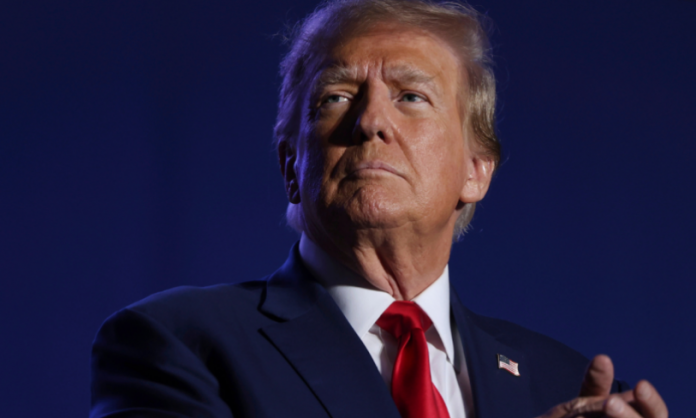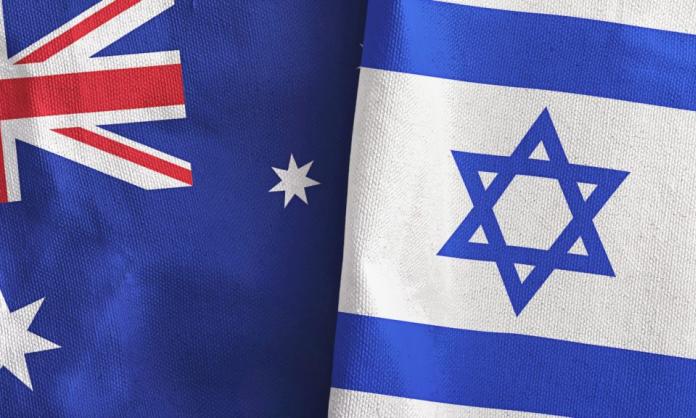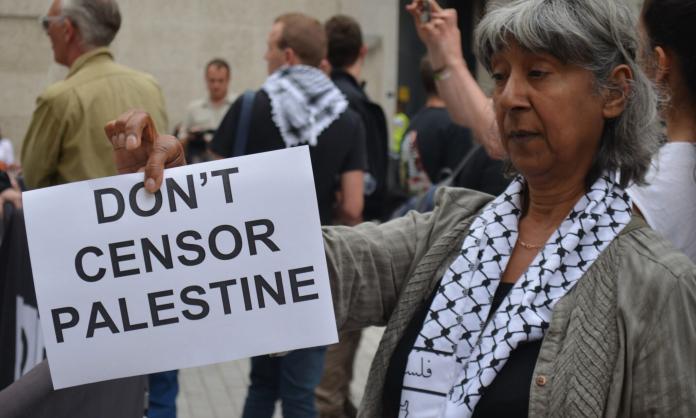President Nicolas Maduro of Venezuela has offered asylum to Edward Snowden, the courageous whistleblower who has exposed vast National Security Agency spying on every US citizen and on people throughout the world.
Evo Morales of Bolivia and Daniel Ortega of Nicaragua followed suit. Meanwhile, voices are being raised in Europe for asylum to be offered there. The outrage is being stoked by Snowden’s exposure of vast spying on European governments, businesses and ordinary citizens by the NSA.
The lengths to which Obama is willing to go to capture Snowden were indicated when a Bolivian government airplane carrying Bolivian President Evo Morales and his defence minister, Ruben Saavedra, home from a Moscow conference was forced down and searched under the suspicion that Snowden was aboard.
Washington’s lackeys in the governments of France, Portugal and Italy suddenly rescinded permission for Morales’ plane, while it was in the air, to cross their airspace or to refuel.
The plane was running low on fuel when it was allowed to land in Vienna. The Austrian authorities said they boarded the plane looking for Snowden, but found he wasn’t aboard.
Why the US thought Snowden was on the airplane is a mystery, since it took off from a military airport, not the one Snowden is trapped in. But the incident was a clear demonstration of Washington’s intent to force down any airplane that Snowden is on. Isn’t it most likely the US government’s real purpose was exactly that?
The fact that it was willing to endanger the head of another government underscores the threat. It also puts the lie to Obama’s assertion that he would not “scramble jets” to capture Snowden.
The event has stirred deep resentment throughout Latin America. A broad spectrum of governments on the continent and in the Caribbean expressed outrage at this blatant violation of a sister country’s sovereignty, reflecting deep concern of their citizens against a background of centuries of US interference in the region.
After Maduro’s announcement, a “senior Obama administration official” told the New York Times on 6 July that if Venezuela went ahead and sheltered Snowden, the US would break off talks to improve relations between the two countries.
Spying on Europe
Meanwhile, the latest revelations Snowden published are about massive US spying in Europe. The NSA spied on European Union offices in Brussels, Washington, DC and at the United Nations, as well as 38 embassies and missions.
This has caused a diplomatic uproar between the countries of the European Union and the US, but more importantly, deep resentment among Europeans, who were already angered by Snowden’s revelations that the NSA is snagging all electronic messages throughout the world.
According to the German newsmagazine Der Spiegel, the new revelations show that 500 million such communications a month are intercepted in Germany alone.
No wonder that European citizens are alarmed, and most support Snowden.
There have been demonstrations in Germany demanding that Snowden be given asylum there.
France 24 International News reported on 7 July, “NSA whistle-blower Edward Snowden should be given political asylum in France, party leaders from across the political spectrum have said in the wake of the latest US spying allegations … amid demands for ongoing free trade talks between the [European Union] and Washington to be put on hold.
“Jean-Luc Melenchon, leader of France’s Left Party (Parti de Gauche) told BFM TV [France’s most watched news channel] that the extent of alleged US spying on European communications was ‘arrogant’ and ‘breathtaking’.”
Melenchon said, “Edward Snowden … has done us a good service. It’s thanks to him that we know we have been spied on. It is not acceptable that we allow a situation whereby he wanders uncertainly around the planet. He is a defender of all our freedoms.”
Melenchon called for France to give him immediate asylum. Even Marine Le Pen of the far right National Front also said France had a duty to take Snowden under its wing, saying, “Snowden let the whole world know what the US is doing, and he’s being hunted down for it.”
The Green Party, in a coalition with the ruling Socialist Party, echoed Melenchon’s call.
President Francois Hollande has called on the US to “immediately stop” spying on European institutions, but hasn’t responded to Melanchon’s demand that he grant Snowden asylum. Given his craven role in helping force down Morales’ airplane, it’s unlikely he will.
In the face of the White House’s determination to capture or kill Snowden, it will be quite difficult to arrange his travel to Latin America. The incident with the Bolivian president’s plane underscores the danger.
This danger is so palpable that two reporters in the 7 July New York Times raised the question, “… would the United States go so far as to force down a commercial jetliner once it crosses into American airspace, which is part of its normal flight path?”
We have seen many countries already kowtowing to Washington by refusing asylum for Snowden. We know that the US will use its muscle to try to force any country whose airspace any plane containing Snowden must cross to refuse permission to do so, and to refuse landing rights to refuel, in hopes of forcing the plane down in a country (like Austria) ready to storm the aircraft to capture Snowden and turn him over to the U.S.
Is Snowden already on Obama’s secret list of US citizens cleared for killing? He has already been charged under the Espionage Act as a virtual traitor. On the Sunday talk shows on 7 July “respected” spokespeople reiterated the “treason” charge, which carries the death penalty.
Support in US
But he does have wide support.
Speaking on Democracy Now! acclaimed Icelandic journalist Kristinn Hrafnsson said, “I can assure you that there is great support among the public … Amnesty International has issued a statement where they recognise Snowden’s concerns for ill-treatment if he returns to the United States, and they recognise his right to seek asylum under international law.
“I believe that the public, outside the US as well as inside the United States, which is amazing, I think, given the extremely one-sided and negative reporting by the mainstream media, do support Snowden.
“In two polls I’ve seen by [the large British polling outfit] Ipsos MORI … more people believed in the US that [Snowden] was a patriot than a traitor. Earlier, a report by Time magazine showed that 53 percent of Americans believed that he did the right thing by exposing these secrets.
“And if you look at an age group, 18 to 34 years old, 70 percent of them thought he was doing the right thing. So we see a generation gap.
“Young people, who are not distracted by the absurd reporting in the mainstream media, they go to the Internet ... They understand that the freedom of the Internet and freedom of information is essential.”










